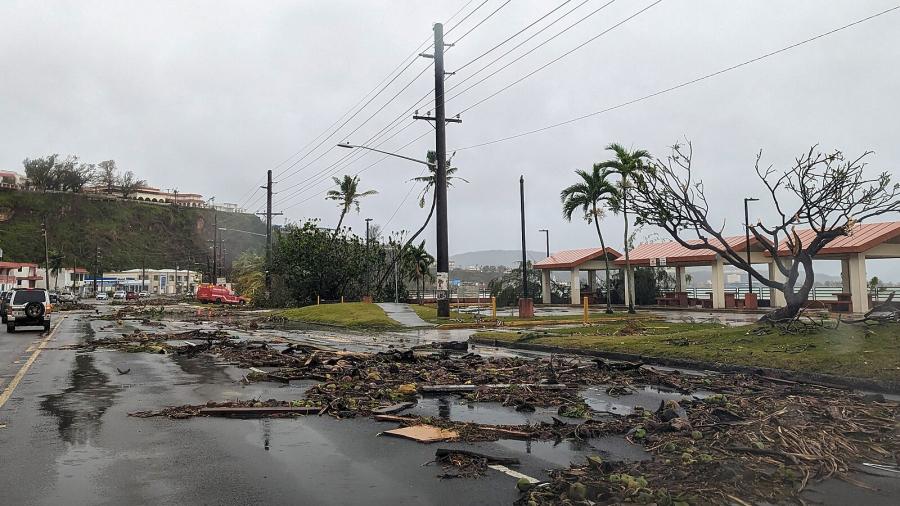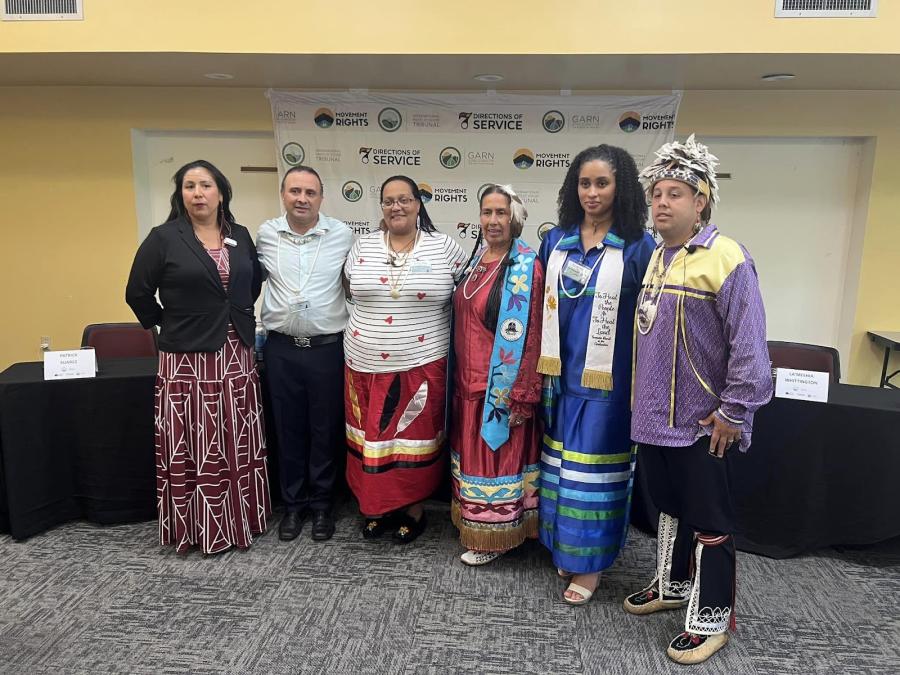
By First Peoples Worldwide
Ignoring public opposition to the Keystone XL Pipeline is a lose-lose for the U.S. Government and TransCanada Corporation
Washington, DC - Protests of the Keystone XL Pipeline over the past two years have sent a clear message to the U.S. Government – a message that Congress persistently ignored as pro-pipeline legislation progressed toward the White House this week. By voting for the Pipeline, Congress is creating a volatile business environment for extractive companies, which ultimately has and will cause profit loss for corporations like TransCanada. Indeed, TransCanada Corporation has already increased estimated capital investments for the Pipeline by $2.5 billion since 2008 due to “lengthy delays”, many of which were caused by community protests and opposition from environmental groups. A recent study by First Peoples Worldwide found that governments that ignore public concerns over resource extraction (the U.S. not excluded) foster community opposition and protests, which in turn increase site closures, production costs, and damaged reputations. The Keystone XL Pipeline is a lose-lose for communities, corporations, and the U.S. government.
Arguments for the Keystone XL Pipeline claim that it will create jobs, increase domestic oil supply and lower gas prices. President Obama’s biggest argument against the Pipeline is the opposite: “Understand what this project is: It is providing the ability of Canada to pump their oil, send it through our land down to the Gulf where it will be sold everywhere else. It doesn’t have an impact on U.S. gas prices.”
However, congressional approval for the Pipeline is a moot point as long as TransCanada Corporation lacks a social license to operate, or the acceptance of the project by local communities and affected stakeholders. Without a social license, TransCanada Corporation faces a future of continued protests, site closures, and diminished shareholder ratings – ultimately amounting to profit loss. Ernst and Young rate the “social license to operate” as one of the top three business risks to the extractive industry sector, citing that “the frequency and number of projects being delayed or stopped due to community and environmental activists continues to rise.”
What’s more, the recently published Indigenous Rights Risk Report shows that extractive companies could care less about the communities their projects affect - only 6% of publicly-held US oil, gas and mining companies utilize adequate risk management tools when working with communities. Moreover, only 8% of extractive companies implement any policy that remotely addresses community relations or human rights. At this rate, TransCanada has two options: either expect profit loss due to community opposition, or adjust their community engagement policies.
As long as protests continue, a social license to operate won’t materialize – and there is no end in sight for community opposition to this project. Recently, the Sioux tribe of South Dakota vowed to close their reservation’s borders, through which the Pipeline is set to run, if construction is approved. Right before the Senate vote on November 18, environmental activists installed an inflatable pipeline in Senator Mary Landrieu’s yard, one of the most outspoken proponents for the Pipeline. The First Nations-led Idle No More movement in Canada has been protesting the Pipeline north of the border for nearly two years. Those that would be directly affected by construction of the Keystone XL Pipeline, including landowners and ranchers, are some of its strongest opponents – and the most systematically ignored by both Congress and TransCanada.
TransCanada severely underestimated social costs on the front end of the project, taking a reactive rather than proactive approach to community opposition – which has resulted in a $2.5 billion dollar loss before the project has even started.
At the same time, Congress’ pro-Pipeline votes have been little help - governments that ignore public concerns over resource extraction and suppress democratic systems for participation in resource decisions create a dead-end for extractive companies, whether operating in Canada, Nigeria, or the United States. Bad governance is bad for business – governments and corporations alike must start respecting communities and their right to Free, Prior, and Informed Consent (FPIC) when working with extractive industries.
For media inquiries, contact Katie Cheney at communications@firstpeoples.
[photo credit: IVN.us]



